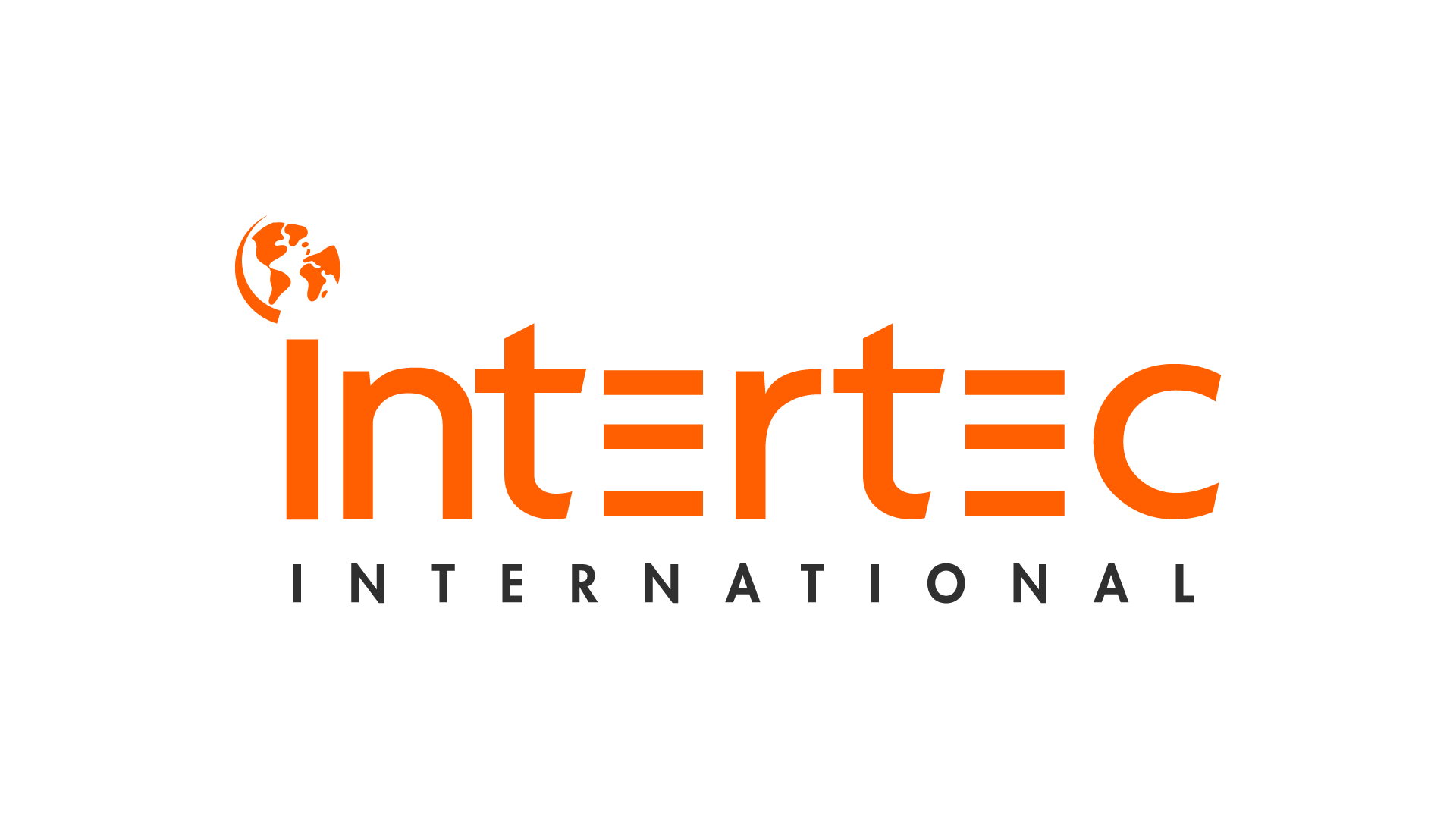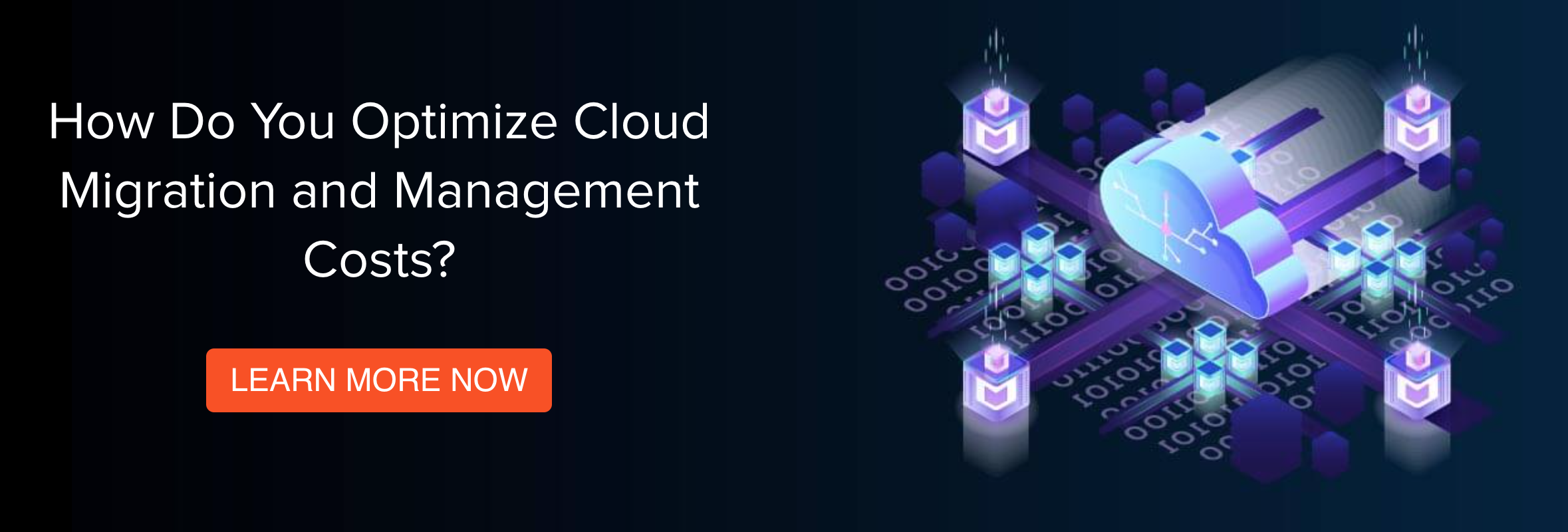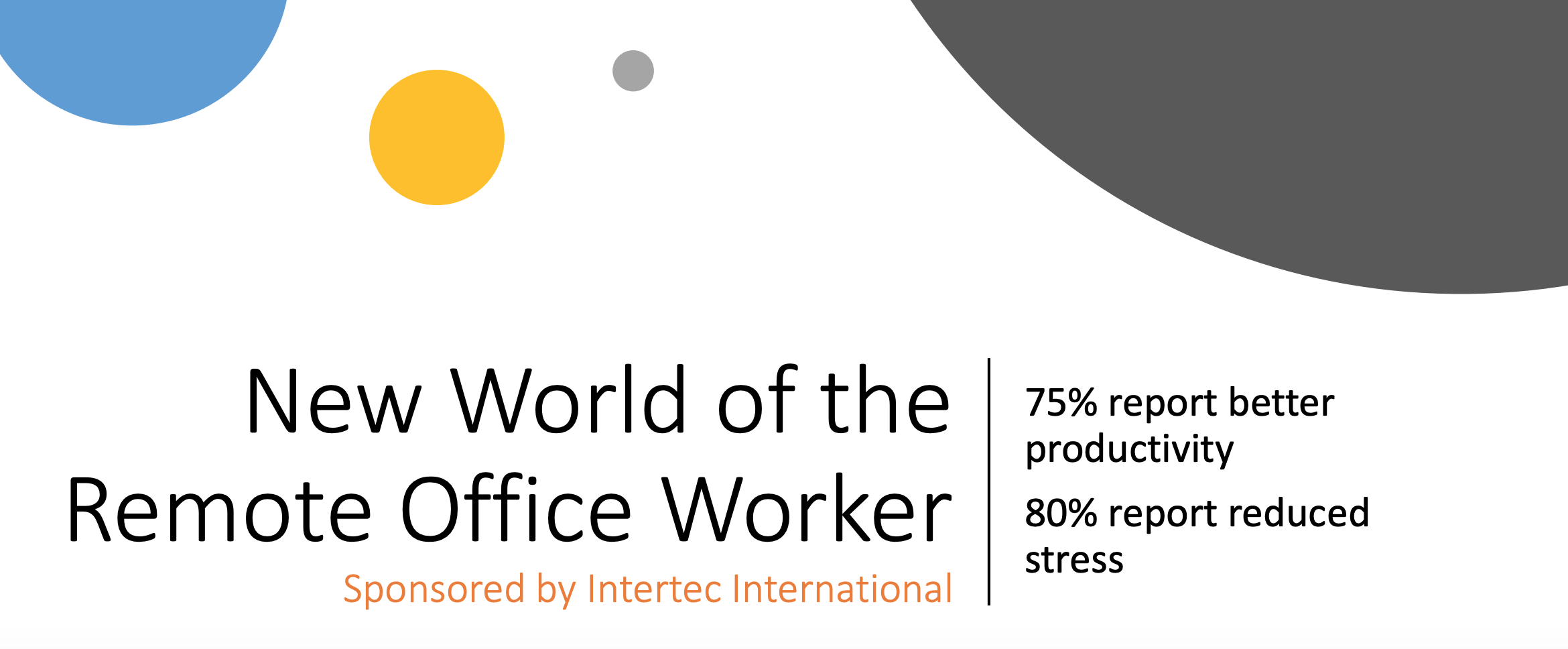The supply chain management space—which includes anything from logistics and production planning to inventory planning and warehouse management—has been undergoing a slow cloud transformation for years. As Industry 4.0 concepts and technologies become more popular, businesses up and down the chain are discovering the ways in which the cloud can provide them with flexibility, improved data velocity, and true end-to-end to visibility.
 This trend has serious implications for solution providers within this space—namely, the ability to provide cloud-based solutions and services for the businesses that are further along on their digital transformations. For some businesses, this requires undergoing their own cloud transformations in order to get smarter, more agile, and more competitive.
This trend has serious implications for solution providers within this space—namely, the ability to provide cloud-based solutions and services for the businesses that are further along on their digital transformations. For some businesses, this requires undergoing their own cloud transformations in order to get smarter, more agile, and more competitive.
Unfortunately, many of these businesses don’t have the in-house development capacity of full-fledged tech companies. Combine this with a high level of specialized functional knowledge that comes with a niche market like warehouse management, and you’re potentially looking at an uphill battle when it comes to rolling out a SaaS offering for the first time.
How Technology Powers Smarter Warehouse Management
When it comes to warehouse management in the digital age, the ability to optimize order fulfillment and cut out waste depends on your ability to get accurate, real-time information down to the level of individual SKUs. Planners up and down the process chain need a way to streamline their processes and leverage real-time feedback into greater efficiency and reduced order cycle times. This might take the form of AI-powered workflows, live resource performance monitoring, and automation up and down the process chain—all of which needs to integrate easily with other technology solutions being used in production and logistics.
Increasingly, supply chain businesses are turning to cloud-based infrastructure to improve the accessibility of all this mission critical inventory data. This puts solutions providers in a tough position: namely, they need to provide cloud-native platforms, services, and tools to their customers. Offering nothing but on-prem technology deployments to warehouse teams that are increasingly seeking out smart, digital, connected solutions can really hamstring a business’ competitive standing—but building out workable enterprise cloud solutions without significant cloud experience and expertise can be tricky. Even solutions that have long track records of success in their areas often need to be rebuilt from scratch and completely refactored for the cloud. What’s more, SaaS deployments tend to require more frequent updates and bug fixes then more traditional software deployments, which means that your teams need a fully functioning CI/CD pipeline (including all of the cloud tools that entails) in order to maintain the rapid time-to-market turnarounds that customers expect.
Challenges in Modernizing Specialized Software Solutions
No cloud migration or modernization effort is ever likely to be easy or straightforward—but the circumstances surrounding modernization in support of complex, domain-specific software can be especially thorny. Many migration components are going to require specialized functional knowledge that your average developer isn’t going to possess. At the same time, like we said above, you’re not necessarily going to have the in-house capacity or expertise to perform a large-scale migration without help.
This puts warehouse management solutions providers and others in the broader supply chain management area in a position where contracting and outsourcing seem like they’ll have limited utility—owing to the aforementioned functional knowledge—but finding ways to increase capacity is a practical necessity for ensuring on-time delivery.
How Intertec Was Able to Help
Recently, Intertec was able to assist a warehouse management solutions provider that was in more or less the exact predicament that we described above: They had a tight, three year timeline to build their first cloud offering from the ground up. After about a year of refactoring, it became clear that they didn’t have the in-house capacity or cloud-specific knowledge to complete the project by the end of 2020 (their original goal). Because so many of the components required in-depth functional knowledge, however, they were concerned that even relying on outsourced migration teams wasn’t guaranteed to yield results. Adding extra capacity was even further complicated by the fact that the competitor landscape made it difficult to find local teams that could help out without breaching existing non-compete clauses.
The client selected Intertec because of our extensive cloud experience, as well as the convenient time-zone alignment we offer by way of our nearshore technology center in Costa Rica. The initial engagement was meant to be a simple team extension in order to speed up their process. At the outset Intertec was one of multiple vendors providing services, but within a short period of time the client decided that they only wanted Intertec’s teams working on the software, giving them more specialized and functional stories as time went on.
Gaining Functional Knowledge and Powering Process Improvements
Over the initial months of the engagement, Intertec was able to ramp up a team of 50 additional engineers to expand our client’s capacity. At first, our team mainly focused on simple development components that didn’t require the kind of specialized knowledge about the client’s business and business cases that more functional components would require. Within a short period of time, however, Intertec’s experienced team of engineers was given the chance to show off its skills and expertise in cloud migration management and various development workflows. Because Intertec’s teams get to work in such a wide variety of businesses with a tremendous diversity of software ecosystems, tooling setups, and project management practices, they were quickly able to make a difference when it came to implementing best practices that could smooth out roadblocks across different workflows.
As our teams built trust in this way, the client eventually felt comfortable assigning more specialized tasks to many of our team members. Once our developers had received some quick coaching on the functional aspects [MOU1] that were specific to the warehouse management software sphere, they were able to transition towards more complex, domain-specific stories—all while grappling with the various rules, exceptions, and business constraints that that entailed. Some of our developers were even added to the performance enhancement and framework teams that were doing some of the most high-level work on the project. In that way, we were able to provide value for the client above and beyond simply extending their existing teams’ capacity for the simplest set of components.
Over time, we’ve continued to build trust and demonstrate our expertise, becoming a true partner to the client—and the result was that the client’s cloud migration and management workflows got smoother and more efficient all the time. Thus, the work could get done more quickly without skyrocketing costs.
Early Results and Business Implications
Ultimately, our goal was to help the client meet a tight deadline for its first cloud release, and we were able to do precisely that by bringing a wealth of cloud-relevant experience to bear. When we began the engagement, the client’s teams were powering through about 45 story points per week. Once Intertec’s team was fully ramped up alongside them, they were able to double that rate to around 90 story points per week. On top of that, we were able to provide coaching on how to improve their future user stories to fit more effectively into an Agile approach.
While the engagement is still ongoing—meaning that we can’t provide a definitive rundown of the results—we can pinpoint this increase in productivity as a key driver of value. Without some way of extending their existing capacity, the client would have slipped on their first cloud release, with potentially costly business implications. With Intertec’s help, they were able to avoid that fate while furthering their digital transformation. As they continue that transformation, we’ll continue to have ways of helping out and adding our expertise—from ongoing cloud management (to make sure they’re getting their money’s worth and not paying for unused instances), to cloud tech support, to remote management for physical assets.
Warehouse management technology requires clear attention to the business needs of one’s users. It requires a specialized understanding of complex processes, including a host of rules, including a host of rules, exceptions, and edge cases. And only those in possession of that specialized understanding can provide solutions that are both valuable to users and cost effective to develop. Each one of the statements above in this paragraph is also true about cloud transformations: cost effective migrations that actually support your critical workflows require you to visualize the hundreds or thousands of individual components that have to be completed, and they require you to manage those components with a clear sense of where the pitfalls are located and how to avoid them.
Intertec strives to provide just that for its clients—we offer full-lifecycle support on a flexible basis to help businesses transform and power their software-defined infrastructure. Not only that, but with our nearshore capabilities we’re able to do it a fraction of the cost.
Learn More About Intertec's Cloud Solutions:
Intertec’s teams have hands-on experience in developing and migrating applications on leading cloud platforms. In addition to design and development, we provide a complete range of application testing, deployment and ongoing support services, including managing physical infrastructure and offering outsourced DevOps teams. Click here to learn more. Prefer a personal consultation? Go ahead and schedule a meeting with us here!









